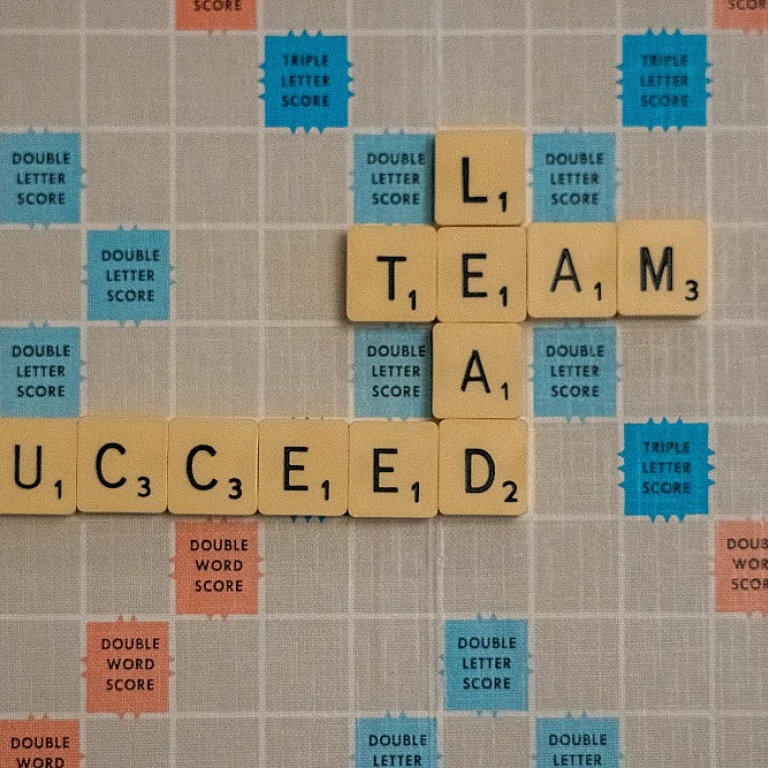The Importance of Employee Retention in HR Interviews
Why Employee Retention Grabs Attention in HR Interviews
When you step into an HR interview, you might find that questions about employee retention aren't just a passing topic. They're a hot ticket, a primary area where HR folks want your insight. Why does this topic grab so much attention? Well, employee retention is like the heart of a company—keeping it healthy ensures the whole body functions smoothly. Inside the room, the HR team isn't only grilling you to see if you will fit in. They're looking at how you can help keep other employees around, too. This is a subject that touches on loyalty, customer satisfaction, and, of course, ensuring the company's talent pool stays as strong as possible. Employee retention boils down to more than liking your job. It's about the environment, the company culture, and whether people feel their work makes an impact. Things like a balance between life and work, feedback loops, and the way a team supports each other play significant roles here. If you’ve ever experienced a workplace full of exits and entries, you’ll know it affects everyone. It’s like a ripple in a pond that can reach all corners. Questions linger over who will fill gaps, how team dynamics will change, and even how customer relationships might take a hit. With this in mind, interviewers are genuinely interested in hearing how you view retention. Do you have strategies or ideas? Are you proactive about measuring retention, or maybe you have a story about how it impacted a previous role? Your answers don’t just show your capability but also your enthusiasm and insight into one of the company’s biggest concerns. To ace the retention question means demonstrating an understanding of not only keeping a job but keeping the employees engaged and satisfied for the long term, ensuring a thriving business. Answering with a level of awareness of what a retention specialist might deal with, or how it ties into employee experience, can make your candidacy shine. For more analysis on acing interview questions about keeping employees engaged and happy, you might find this guide on mastering engagement questions in HR interviews offers some golden nuggets. Remember, when HR asks about retention, they're not only talking about what will keep you happy but what keeps the whole team together. It's a conversation about building a reliable and loyal business environment, which is why preparation and genuine insight will serve you well in these interviews.Common HR Interview Questions on Retention
Typical Questions to Expect
When you're in the hot seat for an HR interview, questions about employee retention are bound to pop up. These questions help the interviewer gauge your understanding of how to keep employees happy and engaged. Here are some you might encounter:
- "What strategies have you implemented to improve employee retention in your previous roles?" – This question digs into your past experiences and practical applications.
- "How do you measure employee satisfaction and retention?" – Interviewers want to know if you're familiar with retention metrics and feedback systems.
- "Can you describe a time when you improved retention rates in your team?" – A classic behavioral question that seeks specific examples of your impact.
- "How would you handle a situation where a high-performing employee wants to leave?" – This tests your problem-solving skills and ability to maintain a strong team.
Connecting Employee and Customer Retention
There's a strong link between employee and customer retention. Happy employees often lead to satisfied customers. Companies with high employee retention tend to have better customer support and loyalty. When asked about retention, consider discussing how a positive employee experience can translate into increased customer satisfaction and loyalty.
Stay Interviews: A Proactive Approach
Stay interviews are gaining traction as a proactive measure to understand why employees choose to stay with a company. During your interview, you might be asked about your views on stay interviews or how you would conduct one. Highlight how they can provide valuable feedback and help tailor retention strategies to individual needs.
For more insights on handling team-related questions in HR interviews, check out our guide on teamwork questions.
Strategies for Answering Retention Questions
Tactics for Tackling Retention Queries
Facing questions in HR interviews about employee retention can be nerve-wracking. You're out there, not just showcasing your skills, but also your understanding of why employees choose to stay or leave a company. Navigating this territory effectively can set you apart from the rest. Instead of memorizing a script, think about actual instances when you've seen retention strategies succeed or falter. Take a ride through memory lane and revisit those experiences. What choices did the company make that increased employee satisfaction? What could have been better? Consider the culture and dynamics of the team you've been a part of. Touch on how implementing employee feedback and a balanced work life could work wonders for retention. Here's a sneak peek at ways to effectively respond:- Showcase Understanding: Relate your answers to real-world scenarios where retention was a highlight—or a pitfall—and what you learned from it.
- Express Empathy: Show empathy for employee concerns, stressing the importance of a listening ear. It's not just about customers; the same care should extend to employees.
- Highlight Strategies: If you've ever been involved in stay interviews or crafting feedback mechanisms, this is the moment to shine. Mention how these approaches are doors to understanding what makes employees stick around or click the exit button.
- Link to Company Culture: Emphasize alignment with the company's long-term goals, demonstrating how your strategies sync with their mission. Everyone loves a person who can both talk the talk and walk the walk.
Understanding Retention Metrics
Making Sense of Retention Metrics
When it comes to HR interviews, understanding retention metrics can be a game-changer. These metrics are like the heartbeat of a company's employee retention strategy. They help you gauge how well a company is doing in keeping its employees happy and engaged. Let's break down some of the key metrics you might encounter and why they're important in job interviews.
First up, turnover rate. This is a straightforward measure of how many employees leave a company over a specific period. A high turnover rate can signal problems with company culture or job satisfaction. In interviews, you might be asked how you would address high turnover or what strategies you would implement to improve employee retention.
Next, there's the retention rate. This is the flip side of turnover, showing how many employees stay with the company. A high retention rate often indicates strong employee satisfaction and a positive work environment. Interview questions might explore your understanding of what contributes to a high retention rate and how you would maintain it.
Stay interviews are another important tool. These are one-on-one meetings with employees to discuss what makes them stay and what might cause them to leave. They provide valuable feedback that can help refine retention strategies. You might be asked about your experience conducting stay interviews or how you would use them to improve retention.
Don't forget about employee engagement scores. These scores reflect how invested employees are in their work and the company. High engagement often correlates with high retention. In interviews, you might be asked how you would boost engagement or measure its impact on retention.
Finally, there's the cost of turnover. This metric calculates the financial impact of losing employees, including recruitment, training, and lost productivity. Understanding this can help you articulate the business case for investing in retention strategies during your interview.
Incorporating these metrics into your interview answers will show that you not only understand the importance of employee retention but also have the tools to measure and improve it. Remember, it's not just about knowing the numbers; it's about using them to create a better work environment and enhance the employee experience.








